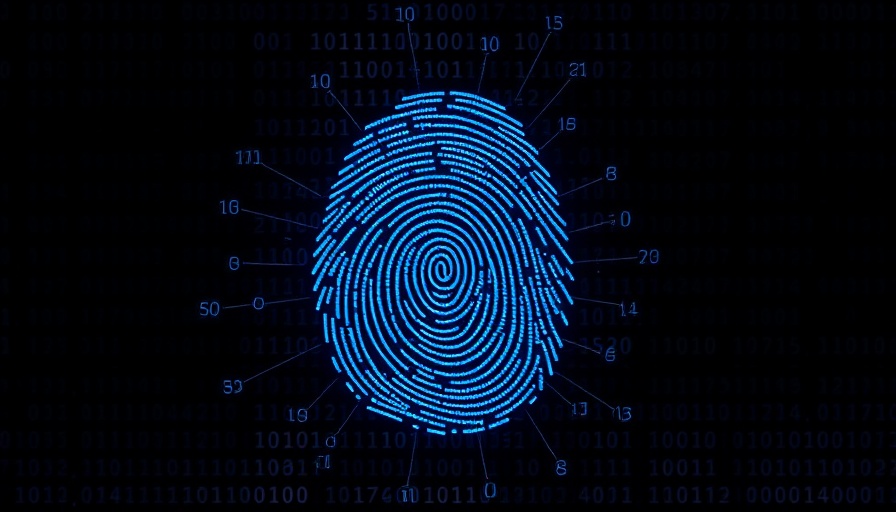
Understanding the Growing Trend of Biometric Data Collection
In recent years, the integration of biometric data collection in the workplace has surged, particularly among tech-savvy companies aiming to enhance security and boost productivity. From fingerprints to gait recognition, the methods used to gather personal and intimate employee data are increasingly sophisticated and widely adopted. For instance, Amazon utilizes AI technology to monitor employees' physical movements, promoting a culture of safety while pushing efficiency standards further than ever before.
The Ethical Dilemmas Behind Data Collection
While businesses hustle to embrace innovation, the ethical ramifications of collecting biometric data are a pressing concern. The rise of behavioral biometrics sparks debate about privacy and consent. Employees may feel uneasy knowing their movements and health data are being surveilled, potentially leading to an atmosphere of mistrust. Companies must tread carefully to balance the benefits of data security and health management with the emotional well-being of their workforce.
Health and Safety: A Double-Edged Sword?
Employers often argue that collecting health data can improve overall wellness among staff and lower health insurance costs. However, this viewpoint necessitates an understanding of the delicate balance between employee autonomy and company interests. Women entrepreneurs and professionals exploring leadership in this arena must consider how far they are willing to go to track their teams. When innovation clashes with individual rights, what direction should businesses take?
Women Leading the Debate on Ethics in Biometric Data
As women continue breaking barriers in leadership, they are essential voices in the conversation around biometric data collection. We are witnessing a pivotal shift where ethical business practices, innovation, and employee welfare must coexist. By prioritizing transparency and consent in data practices, female leaders can set standards for a more ethical approach that protects employee rights and promotes a positive work environment. Women's perspectives can drive the movement towards creating safer and more ethical workplace standards in the face of technological advancements.
Takeaways for Aspiring Leaders
As young leaders and entrepreneurs navigate the complexities of modern business, understanding the ethics of biometric data collection becomes crucial. By engaging in conversations about privacy rights and implementing responsible data strategies, aspiring leaders can pave the way for innovation that genuinely respects individual dignity. Let’s strive towards leadership that not only embraces technology but champions ethical responsibilities in the workplace.
 Add Row
Add Row  Add
Add 




Write A Comment